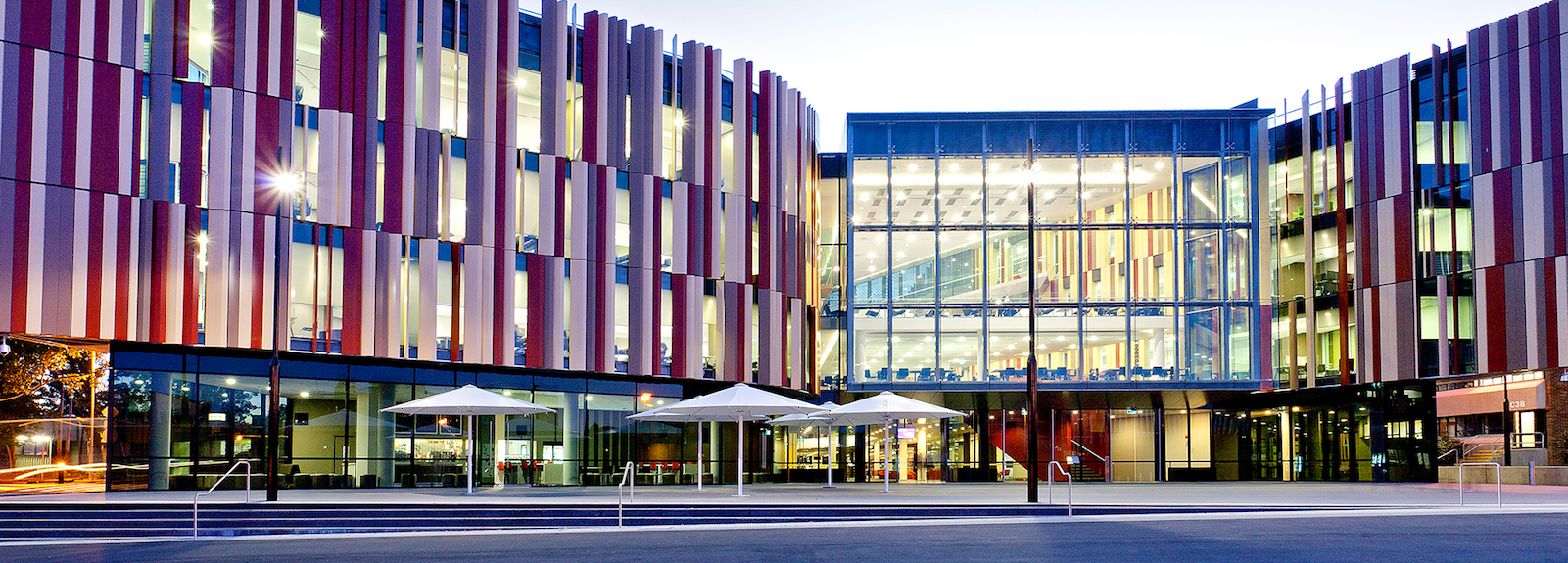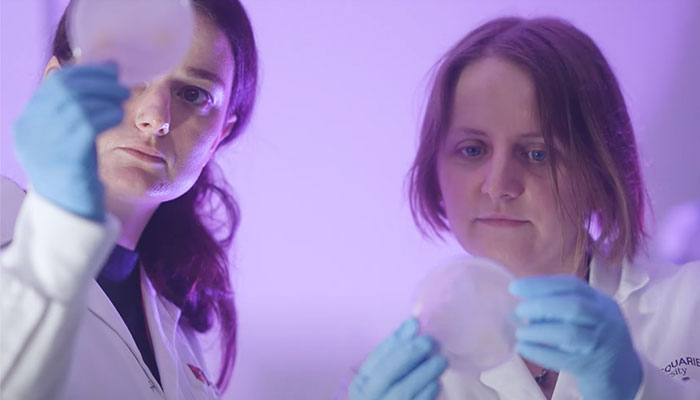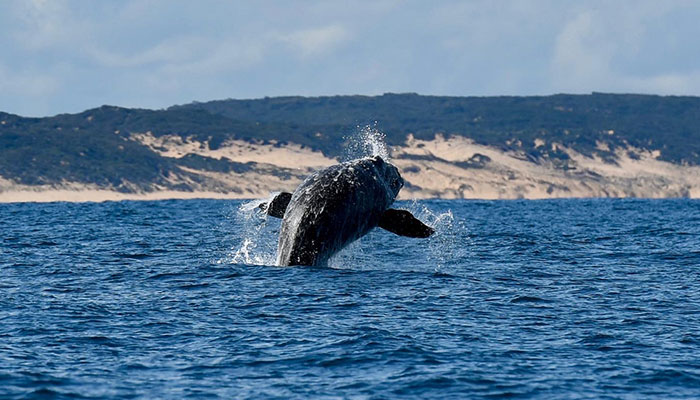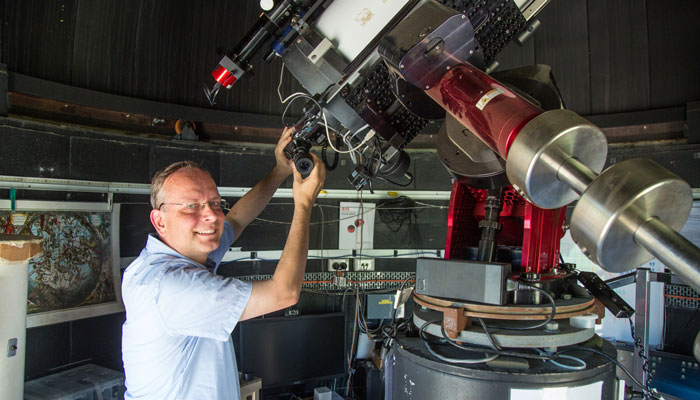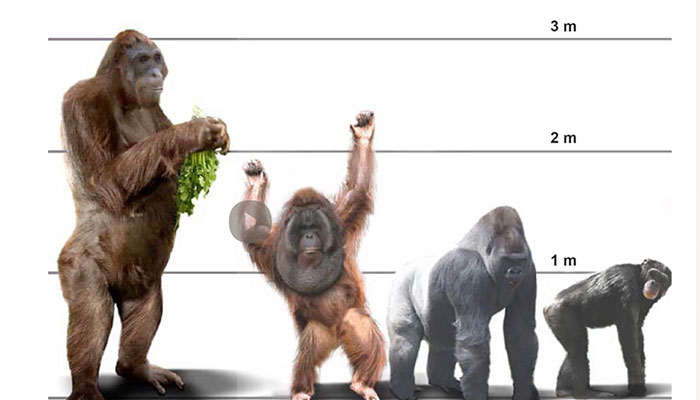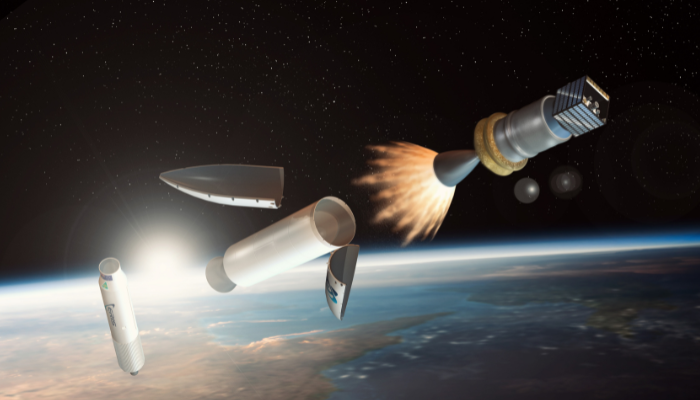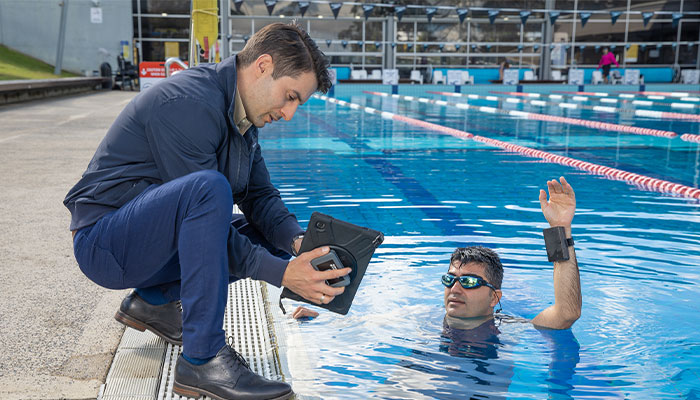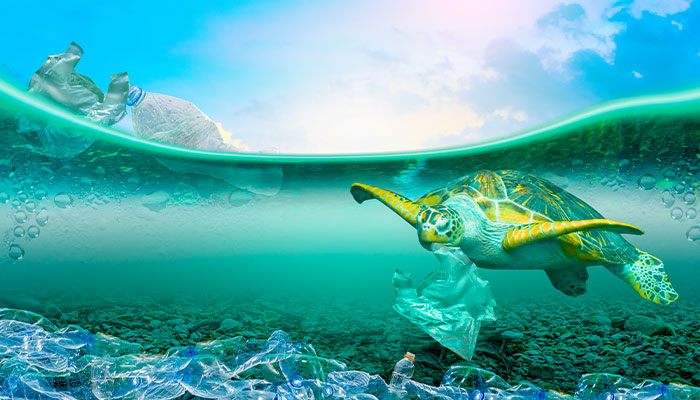Topics
Will AI mark the exams of the future?
Academics at Macquarie University’s Centre for Applied Artificial Intelligence (AI) are developing algorithms that would automate exam marking using AI technology, potentially revolutionising the education sector.
Teamwork makes superbugs more drug resistant and deadly
Macquarie University researchers have made a potentially 'game-changing' advancement in the fight against deadly hospital-based superbugs.
Whale skin samples reveal new ocean feeding grounds
New research comparing whale behaviour today with old whaling records has shown the giant mammals are spending less time in the Antarctic Ocean and more time in the Pacific Ocean.
How green hydrogen could replace the entire fossil fuel industry
Could green hydrogen become tomorrow’s primary energy source? A new book by Emeritus Professor John Mathews offers a practical guide on how – with enough money behind it – green hydrogen could completely replace today’s fossil fuel industry.
Sky shows: A stargazer's guide to 2023
Macquarie University astronomer Professor Richard de Grijs explains upcoming events in the southern night sky this year and the best dates and times to see them.
Dating dirt unearths the truth about why the world's biggest ape disappeared
VIDEO: The reason for the demise of history's largest primate has long been a mystery, but the puzzle has finally been solved thanks to the results of a ten-year study.
Death spiral: New James Webb Space Telescope images show a star's murder scene
The first images of a nebula from the James Webb Telescope gave astronomers remarkable insights into the death of the star that created these beautiful haloes of gas and dust.
Macquarie University and Gilmour Space partner to deliver new space technology set for orbit
Macquarie University’s Australian Astronomical Optics (AAO) has signed an agreement with pioneering manufacturer Gilmour Space Technologies to produce a new sovereign space technology, set to launch in 2023.
Wearable, waterproof device aims to cut drownings
A new wearable device that detects signs of drowning and alerts lifeguards to the swimmer's location has been developed by Macquarie University researchers.
World population milestone: the impact of 8 billion people explained
The human population will tick over to 8 billion on November 15. What does this mean for the environment, our cities, our health and our food supply? Six Macquarie University experts explain the impact of the milestone in their fields.
Leached chemicals from plastic pollution kill key marine microbes: study
Research has found the chemicals leaching from plastics can change the mix of microbial life in seawater, and harm the tiny life forms which are critical to oxygen production in our oceans.
Land clearing and climate change put half the world's wilderness areas at risk
A world-first study projects that climate change and land clearing will profoundly change half of the world’s remaining wilderness areas by 2050 unless governments act immediately to protect them.

